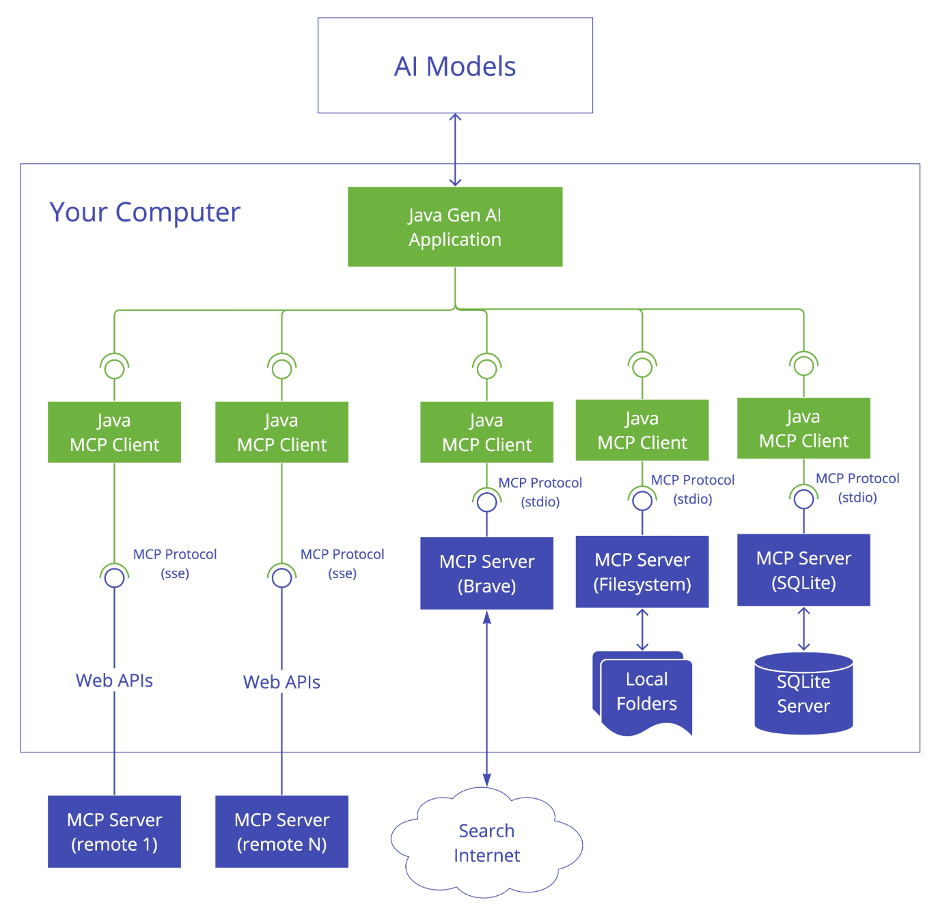Writing and integrating enterprise software today is a pain. Teams of software engineers and specialists need to integrate multiple systems of various ages, update them, find workarounds for bugs or flaws, maintain user interfaces and make them pretty for users, then retire the software as part of its lifecycle and onboard new software. All of these items are friction in the system, and often very expensive. For large financial companies, for example, choosing software providers, core banking service providers, and financial data sources often involve commitments of up to a decade. This commitment generates pricing power for the seller of services – they know that switching is expensive.
Of course, developing software using AI is also helping to speed it up and make it easier for non-technical people. While there may be mistakes (and security flaws) in AI-generated code, this trend of AI coding will continue. “AI software engineers” are the worst they will ever be, today. Eventually, this will also drive down the cost of software and force divergence between the value of truly proprietary data and other information.
As AI models become more integrated into business operations, some of the friction we see today – both software driven as well as human – will go away. For example, Model Context Protocol (MCP) is a relatively new framework for AI agents to communicate with each other set out by Anthropic, and now accepted across the tech stack. MCP includes being able to seamlessly transfer data between AI agents (see box and diagram below). MCP may not be the best protocol, but the other large tech companies have rallied around it, even at the cost of preferring it to their own preferred, internally-generated protocols.
What is Model Context Protocol?
Model Context Protocol (MCP) is a standard way for AI systems to connect with data sources and business tools so they can work together seamlessly.
Think of it as a universal connector:
· It gives the AI the right context from your systems so it can produce relevant, accurate answers.
· It uses a common language so different apps, databases, and services can integrate without custom development.
· It lets the AI not just respond to questions, but also take action using your existing tools.
Example:
In a business setting, MCP could let an AI assistant:
· Pull sales data from your CRM
· Check inventory in your ERP
· Draft a customer email in Outlook
· Log the interaction in your helpdesk system
…all without leaving the conversation.
In short: MCP makes AI more useful at work by giving it direct access to the systems and data it needs.
As companies roll out their MCP compatibility, what was hard becomes easy. Switching financial data providers at an investment firm, for example, could take a day instead of a year. Less friction to switch means that buyers of software can shop for the best combination of service, quality, and price without regard to internal switching costs, driving down prices and allowing new competitors into spaces that were thought to be impossible to break into.
Exhibit: Model Context Protocol in Action
Source: https://modelcontextprotocol.io/sdk/java/mcp-overview
Hence, AI is poised to eventually exert a deflationary impact on information and software businesses by significantly lowering production and operational costs. As AI automates tasks such as data analysis, customer service, and software development, companies can operate with leaner teams, reducing overhead expenses. This efficiency can lead to lower prices, fostering increased accessibility and adoption. However, this deflationary trend may also pressure companies to innovate continually to maintain profitability, impacting traditional business models.
For example, Customer Relationship Management (CRM) systems are essential for managing customer interactions and data. However, AI's capabilities in processing and analyzing vast amounts of information question the future necessity of traditional CRM systems. AI-driven analytics and insights can offer more personalized and efficient customer engagement, potentially rendering traditional CRMs obsolete. This potential is why the largest CRM companies, such as Salesforce, have embraced AI. Nevertheless, it is critical for companies to understand that the most valuable thing for AI is data. The most valuable thing for a company is unique, proprietary data, including customer data. Forward-thinking companies will want to own their own data, not share it with third parties.
So take heart, budget mavens. You will probably need some more money today to adopt AI (and related AI governance, risk management, regulatory compliance and cybersecurity, which is with Artificial Intelligence Risk, Inc. does). But eventually, AI should be better than and deflationary for software: AI + MCP > Software.
Alec Crawford is the Founder and CEO of Artificial Intelligence Risk, Inc (July, 2023). AI Risk, Inc. accelerates Gen AI adoption by integrating high-risk AI securely for financial and other organizations. The company created the first AI governance, risk, compliance and cybersecurity management software platform (AI GRCC), a new category of software going beyond simply “trust and safety”. The company won the Waters Technology #1 Rank for cybersecurity and separately the #1 rank for AI regulatory compliance platform in 2024. Their customers range from small businesses to large financial institutions.
Copyright © 2025 Artificial Intelligence Risk, Inc. All rights reserved.




If you do not know what Model Context Protocol is, you need to read this.